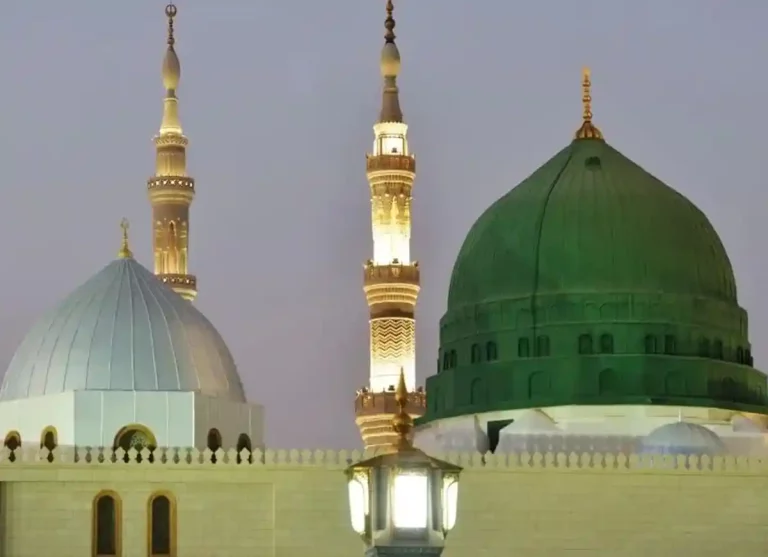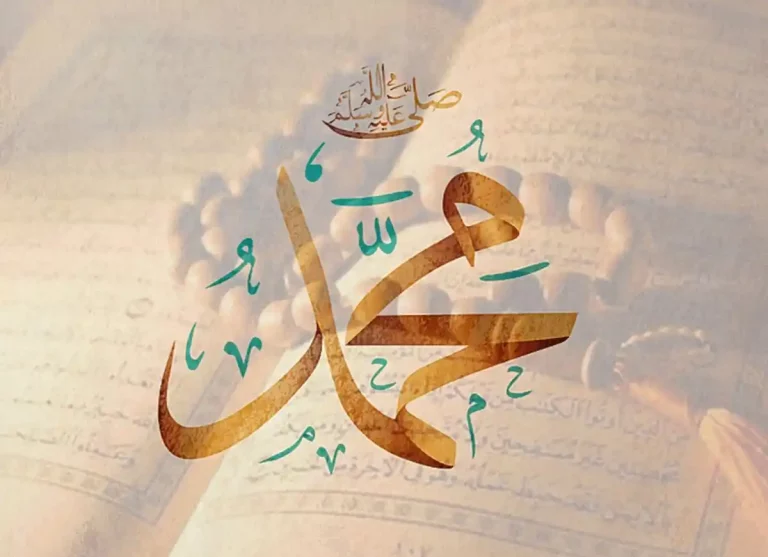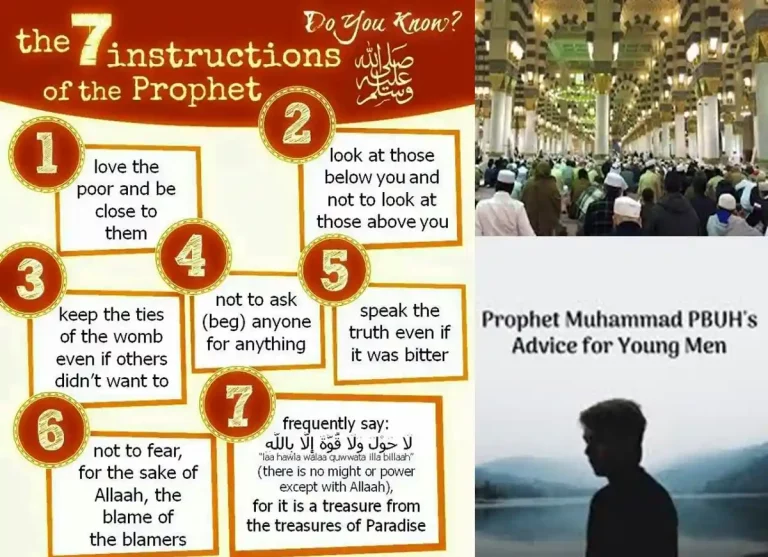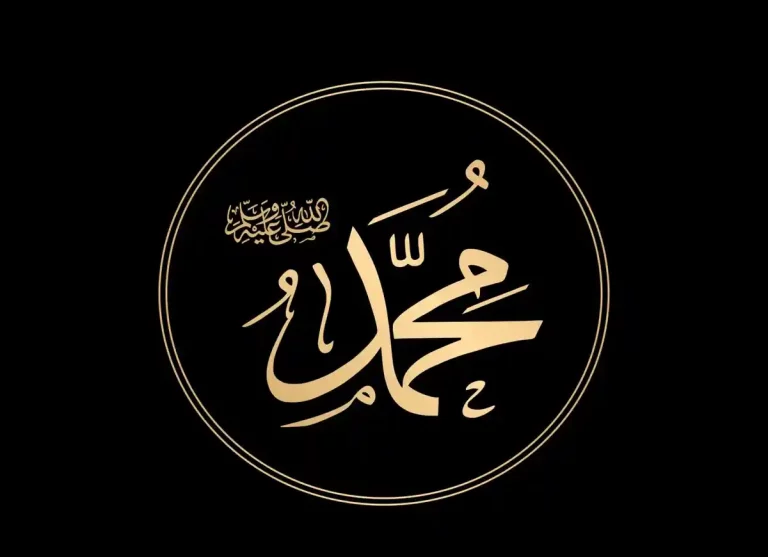Battle of Tabook
A caravan arriving from Syria reported to the Prophet (PBUH) that Qaysar (Caesar), the ruler of Rome, was preparing to attack Madinah and that the Christian tribes of Arabia had also joined him (Taabaqat Ibn S’ad, 2: 165) The Prophet (PBUH) decided to challenge the Roman army outside the Arab territory so that the internal peace of the country was not disturbed. This battle was with the superpower which was ruling half of the world at that time and had defeated the great Persian Empire in the recent past. (Rahmatullil ‘Aalameen, 1: 136.)
As the Muslims were short of means, they were not prepared to enter into a battle of that magnitude. Also, the distance that they had to cover to meet the advancing army was long, the summer season was at its peak, the fruits in the orchards of Madinah were ripe and ready, and it was time to take care of the harvest and enjoy the sweet and gratifying result of their toil. (Seerat Ibn Hisham, 2: 516.) The Prophet (PBUH) appealed to the Muslims for financial support. Hazrat ‘Uthman contributed 300 camels, 50 horses, and 1,000 dinars to support the expedition. By way of appreciation he was given the title of
“One who helps raises an army at a time of indigence” (Sunan Tirmizi, Abwabul Manaqib, Bab ‘Uthman bin ‘‘Affan, Musnad Ahmad, 5: 63.)
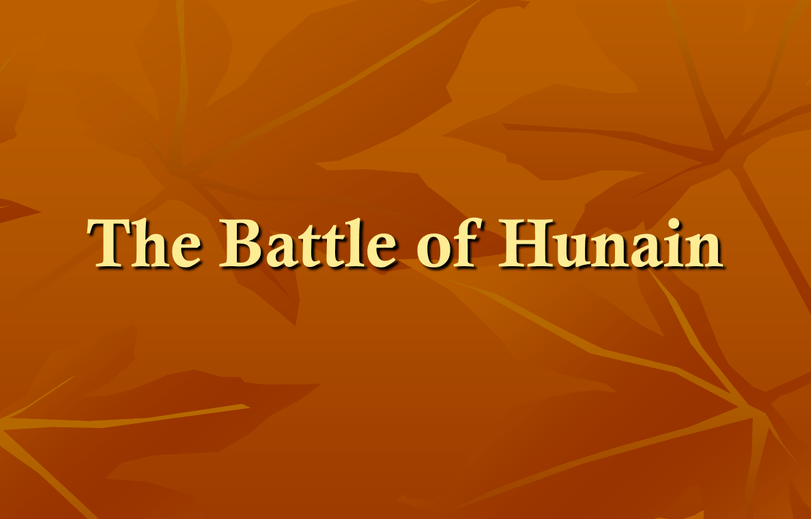
Hazrat ‘Abdur Rahman bin ‘Awf gave 40,000 dirhams. (Tafseer Tabri mentions that it was 20,000 dirhams, 10, 191.)
Hazrat ‘Umar Farooq gave half of whatever he had in his house, which was worth several thousand rupees. Whatever Hazrat Abu Bakr brought to present to the Prophet (PBUH) was not very substantial, but that was all he had: he did not leave a straw at home except the love of Allah and His Prophet, so to say. (Rahmatullil ‘Aalameen, 1: 136.) (Abu ‘Aqeel Ansari brought two seers of dates and submitted, “I worked all night and got four seer dates in wage. I left two seers for the family and brought the same amount of dates here to support the cause of Allah.” The Prophet (PBUH) appreciated his contribution and asked his men to put the dates over all the valuable articles that were donated. (Tafseer Tabri, 10: 197.)
Thus all companions contributed as much as they could. About eighty-two hypocrites (Munaafiq) stayed at home on one excuse or another. ( Zadul Ma’ad, 3: 529, Ibn S’ad, 2: 165. ) ‘Abdullah bin Abi Salool, the well-known hypocrite, had convinced them that the Prophet (PBUH and his Companions would never return from that expedition as they would surely be taken prisoners by Qaysar (Caesar) and exiled to different countries. (Rahmatullil ‘Aalameen, 1: 136.)
The Prophet of Allah (PBUH) left for Tabook with 30,000-strong army ( Taabaqat Ibn S’ad, Part Maghazi, p. 119. ) He appointed Seba’ bin Ghurfuta as his deputy in Madinah and gave the responsibility of taking care of his household to Hazrat ‘Ali. (Ibn Hisham, 2: 519.)
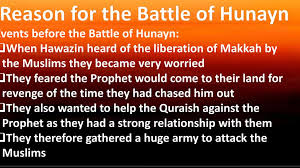
There was an acute shortage of the animals to ride – one camel for eighteen persons. For lack of provision, the Mujahideen had often to live on the leaves of the trees, due to which their lips were blistered. At places there was no water: they had to obtain drinking water from the entrails of the camels, and thus they had to slaughter the camels, which were already short in number. ( Madaarijun Nabuwwah, 2: 577, 580.) But they endured the hardships and reached Tabook.
While the Prophet (PBUH) was still in the way, Hazrat ‘Ali reached there. After the departure of the Prophet (PBUH), the hypocrites started teasing him that he was left behind because he was considered unworthy of participating in a battle; some of them said that this was done as a show of mercy to him. Hazrat ‘Ali’s sense of self-respect was hurt so much that he left Madinah and, in order to catch up with the Islamic army, sped up by covering two, three stopovers without rest, and reached the Prophet (PBUH). Due to the scorching heat and the long distance he had covered in speed, his feet were badly swollen. The Prophet (PBUH) told him, “‘Ali! Aren’t you happy that you are to me what Haroon was to Musa, although there is no prophet after me?” Thus reassured, Hazrat ‘Ali returned to Madinah in happiness. (Ibn Hisham, 2: 519-29, Sahih Al-Bukhari, Kitabul Mahjaazi, Ghazwae Tabook.)
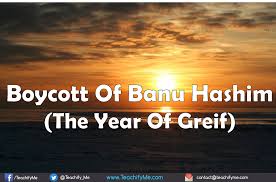
The Prophet (PBUH) stayed in Tabook for a month. The people of Syria were awed by this bold move of the Prophet (PBUH) and gave up their plan to attack Muslims. The suitable time for a battle between the two was destined to come after the death of the Prophet (pbuh). (Rahmatullil ‘Aalameen, 1: 137.)
In Tabook the Prophet (pbuh) delivered a short but comprehensive sermon after a Prayer (Salah), it is being stated with the translation:
“After duly praising and glorifying Allah, he said:
Of all the books, the Qur`an contains the truth in the most reliable form. The most dependable word is the word of Taqwa (piety). The best of all Millat (Community) is the Millat (people who follow) of Ibraheem (Alayhisalaam). The best of all ways is the way of Muhammad, the Prophet (pbuh). The remembrance of Allah (Zikr) is the most honorable of all things. The most refined, sublime and pure of all narrations is the Qur`an. The best deeds are the deeds of courage and ambition, while the worst among the deeds is a matter that has been invented afterward. The ways of the Prophet (PBUH) are the best. The death of a martyr is the best of all forms of death. The worst form of blindness is going astray after guidance to the truth. A deed is better in comparison to other deeds on the basis of its usefulness. The best way is the way that can be followed by people. The worst blindness is that of heart. The upper hand (that gives) is better than the lower hand (that receives). A short but sufficient amount of wealth is better than a large amount of wealth that makes a person forgetful. The worst penitence is that which is offered at the time of death. The worst remorse is that which a person will feel on the Day of Judgment. Some people come for Prayer, but their hearts remain engaged in the affairs behind. Among them are such persons also who do the Zikr of Allah, but seldom. The greatest in sin is the tongue that tells a lie. The best affluence is the affluence of heart. The best form of provision is the provision of Taqwa (piety). Wisdom means that fear of Allah should be in the heart. The best thing to cherish in heart is Faith (Yaqeen). To foster doubt is (a form) of apostasy. To mourn loudly is a practice of ignorance. Dishonesty in trust will be dealt with punishment in Hell. Wealth and property is the scar of the Fire of Hell. Composing a verse is the musical organ of the Iblees (the Devil). Drinking is the source of all evils. The most abominable provision is to devour the orphan’s property.
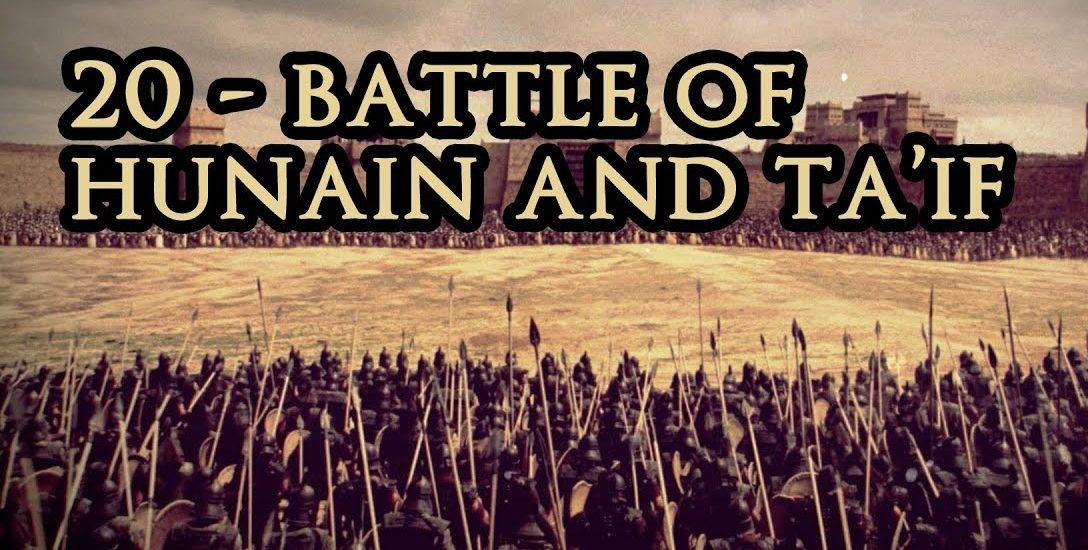
Blessed are those who take lessons from others. The real unfortunate is the one who is born unfortunate from the womb of his mother. The essence of a good deed is its good end. The worst word is that which is untrue. The matter which is sure to take place is very close. It is a sin to call names to a Muslim. It is an act of Kufr (unbelief) to kill a Muslim. To backbite a Muslim is declared by Allah as transgression. To take the property of a Muslim unlawfully is forbidden for a Muslim in the same way as is a Muslim’s blood forbidden for another Muslim. One who assumes independence in front of Allah is exposed as untruthful. Allah covers the shortcomings of those who cover up the shortcomings of others. He who forgives is forgiven. Allah rewards him who controls his wrath. If a person informs others about a secret that somebody confided to him (Chughli), Allah spreads his disgrace among the people. Allah raises him high who observes patience. He who disobeys Him is punished.” ( Dalailun Nub’uwa lil Bahiqi, 5:241-242 )
The Prophet (PBUH) then said Istighfaar (seeking forgiveness of Allah from any unintentional failing) three times and ended his sermon.
It was during the stay at Tabook that Zulbejadayn expired. The incident of his death shows how much the Prophet (PBUH) loved a Companion, even if he was poor. His name was ‘Abdullah, who had lost his father while still a child. His uncle raised him. When he attained adulthood, his uncle supported him by giving him camels, goats, and slaves, which made his financially quite strong.
He heard about Islam and became interested in the message of Tawheed, but he was afraid of his uncle and, so, could not proclaim Islam. When the Prophet (pbuh) returned to Madinah after the conquest of Makkah, ‘Abdullah went to his uncle and said, “My dear uncle! I have been waiting for years so that you show an inclination toward Islam and become a Muslim, but there is no change in you. Since I cannot trust my life any longer, I seek your permission to embrace Islam.”
His uncle threatened him in fury that if he became a Muslim, he would snatch everything from him, even the bare sheets of clothes that were needed for covering the body. ‘Abdullah replied, “Uncle! I will surely become a Muslim and adopt the ways of Muhammad (PBUH). I have become tired of living in polytheism and idolatry. You do as you wish and take care of whatever money and property I have, for I know that ultimately I will have to leave all these things behind in this world. For these things, I cannot reject the true religion.” Saying this, he put off the clothes he was wearing and went to see his mother.
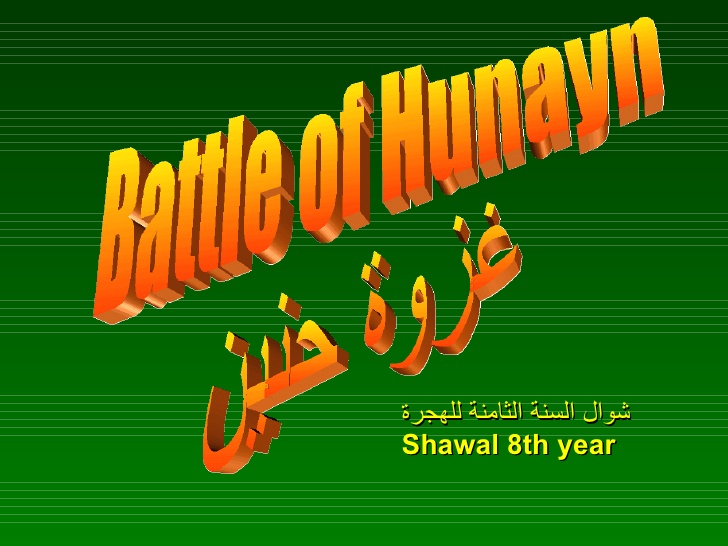
Surprised, his mother inquired why he was in that state. He told her that he had become a Muslim and believer in one God. He then requested her to give him something with which to cover his body. She gave him a blanket. Tearing it into two pieces, he used one to cover the lower part of his body and with the other he covered his shoulder and the upper part and left for Madinah. He reached there quite early in the morning and waited in the Masjid for the Prophet (PBUH). When the Prophet (PBUH) came to the Masjid for Morning Prayer (Salatul Fajr), he saw him there and inquired about him. He told the Prophet (PBUH), “My name is ‘Abdul ‘Uzza. I am a poor traveler and have come to you as one who loves your countenance and seeks guidance.” The Prophet (PBUH) told him, “Your name is ‘Abdullah and your title is Zulbejadayn. You stay close to me and live in the Masjid.”
Hazrat ‘Abdullah joined the group of the People of Suffa. He used to learn Qur`an from the Prophet (PBUH) and kept reciting it with extraordinary enthusiasm and exultation. Once Hazrat ‘Umar® noticed that ‘Abdullah was engrossed in reciting the Qur`an aloud while others were offering Salah, which was causing inconvenience to them, and wanted to stop him from doing that. The Prophet (PBUH) told him, “`Umar! Don’t say anything to him. He has come here by leaving behind everything for the sake of Allah and His Prophet.”
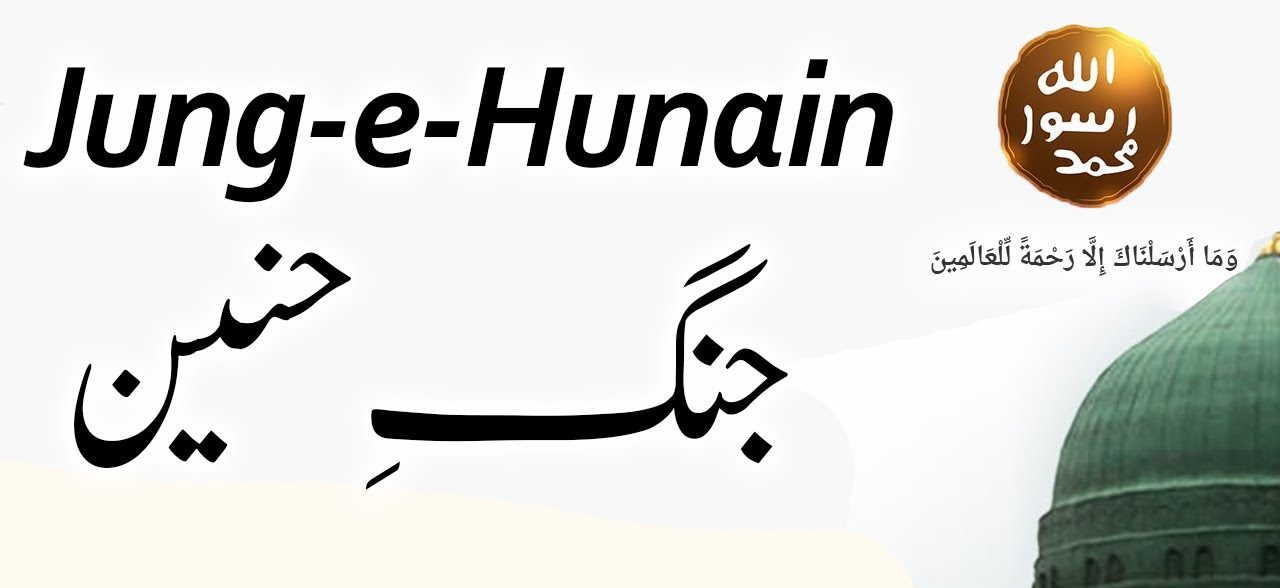
When preparations for the Battle of Tabook were in progress, ‘Abdullah came to the Prophet (PBUH) and said, “O Prophet of Allah! Pray that I am also blessed with martyrdom.” The Prophet (PBUH) asked him to bring some bark of a tree. When he brought it, the Prophet (pbuh) tied it on his arm and prayed, “Lord! I make his blood Haraam (forbidden) for the disbelievers.” ‘Abdullah said, “O Prophet of Allah! But I requested you to pray for my martyrdom.” The Prophet (PBUH) told him, “When you step out to fight for Islam and develop a fever and die of it, you will be a martyr.” When he reached Tabook, he developed fever and died of it.
Bilal bin Harith Muzni narrates that he saw the burial of ‘Abdullah: “It was nighttime. Hazrat Bilal was holding a light and Abu Bakr and ‘Umar were laying down ‘Abdullah’s body in the grave. The Prophet (PBUH), who had descended into the grave, was telling them, ‘Bring your brother close to me.’
He himself put bricks in the grave and prayed for ‘Abdullah in these words, “O Allah! I am pleased with him. You also bless him withYour pleasure.” Ibn Mas’ud, a distinguished Companion, says that he wished so earnestly at that time that he were the person being buried in that grave. (Madaarijun Nabuwwah, Mutarjim, 2: 90-91, Ibn Hisham, 2: 527-28.)
Returning from Tabook when the Prophet (PBUH) reached near Madinah, the Muslims came out to greet him in great exultation; even the ladies who usually stayed at home rushed out of their houses in eagerness. The hypocrites (Munaafiqeen) who had stayed back under the assumption that the destruction of the Muslims at the hands of Qaysar (Caesar) was certain, found themselves then in an awkward situation. They, however, came to meet the Prophet (PBUH) and offered false excuses for their failure to accompany him. The Prophet (PBUH) accepted their apologies and forgave them all, except three sincere Companions. They failed to accompany the Prophet (PBUH) to the battlefield for minor reasons, but since they were sincere Muslims, they had to undergo a test, which was quite hard, but befitting the high level of their faith.
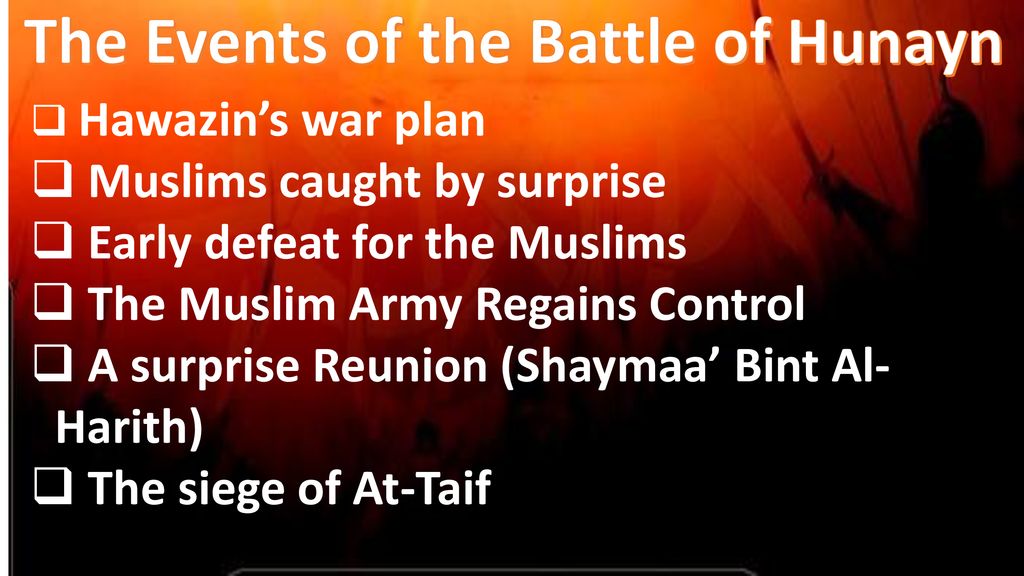
One of them was Ka’ab bin Maalik Ansari. He was among the seventy-three persons who had offered the Bai’ah at ‘Oqba, known as the Second ‘Oqba Pledge (Bay’ate ‘Oqba Thaaniya), and was also one of the esteemed poets. (Rahmatullil ‘Aalameen, 1: 142.)He narrates his story in these words:
“My failure to join the Muslim army in the Tabook expedition proved to be a great trial for me. I had neither an intention to do so, nor had I any excuse. I had already made preparations for the journey. I had good she-camels. Financially, I had never been so well off. I had also bought two strong he-camels for the journey, although I never had two he-camels before. Others were arranging for things for the journey, but I was not worried at all about such preparations. I had thought that when the army would leave, I would comfortably join it. The day that the Islamic army set out, I had some work and decided to postpone my journey for the next day. Two, three days passed in just laziness and reluctance. Then I realized that the army had covered a distance so long that I would not be able to catch up. I was very aggrieved at what had happened.
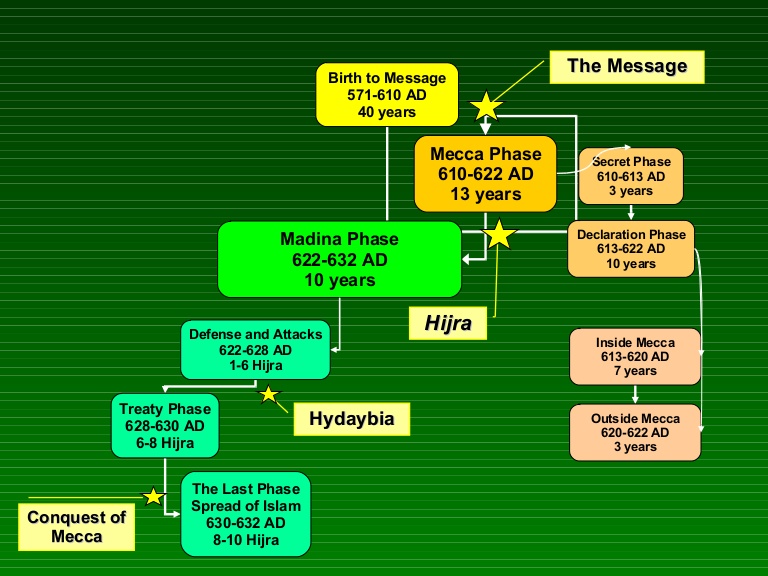
“One day when I came out from home, I did not see anybody in the streets of madinah except the hypocrites, who were known for putting off things on one excuse or another, or the disabled. I became extremely sad at the situation. My days passed in that state and the Prophet (PBUH) returned from the expedition. Now I was at a loss to decide what to do, and what to say, and how to escape the anger of the Prophet (PBUH). People suggested to me that I should come up with some excuse, but I felt strongly that only by telling the truth I could find deliverance. I then appeared before the Prophet (PBUH). He looked at me and smiled, which hid his anger. I felt very nervous.
“The Prophet (PBUH) asked me: ‘Ka’ab! What made you stay behind? Didn’t you have provision to undertake the journey?’ I submitted, ‘O Prophet of Allah! I had everything, but my self (Nafs) made me forgetful, laziness prevailed upon me, and the Devil preyed on me and led me to misery and loss.’ The Prophet (PBUH) said, ‘Stay at home and wait for the decree of Allah.’
“Some persons told me that if I had come up with an excuse, I would not have faced this difficulty. I replied, ‘The divine revelation (Wahi) would have exposed my lie and I would have been doomed forever. I am dealing not with a worldly person, but with the Prophet of Allah (PBUH).’ After that I inquired of them if the Prophet (PBUH) had given anyone else an instruction to stay at home like me. They replied that Hilal bin Umayya and Marara bin Rabee’ had also been given the same instruction. I was a bit consoled that two other good Muslims were facing the same situation like me.”
“Then the Prophet (PBUH) ordered that no Muslim should talk to us or give us company. Now living in the world became a burden for us. Those days, Hilal and Marara did not come out of their houses at all, but I was young and bold and used to come out, go to the Masjid, and sit in a corner after the prayers. The Prophet (PBUH) used to glance at me lovingly and observed my anguish, but when I looked toward him, he turned his gaze.”
“From Muslims none talked to me, nor did anyone respond to my greetings. One day when I went out of Madinah in great grief, I found Qatada supervising the construction of a building in his garden. He was my cousin and we loved each other very much. I went to him and greeted, but he did not reply and turned his face to the other side. I told him, “Abu Qatada, you know well that I love Allah and His Prophet (PBUH), and that hypocrisy and polytheism have no place in my heart. Then why don’t you talk to me?” Abu Qatada kept quiet. When I repeated the same question three times, he said in reply, “Allah and His Prophet (pbuh) know best.”
“I felt miserable and cried bitterly. Upon returning to the city, I met a Christian fellow who was looking for me. He handed over a letter of the King of Ghassaan to me. The letter read as follows: ‘We have heard that your Master is angry with you and has turned you out of his presence. Also, as we have learned, others are treating you unkindly and disrespectfully. We are well aware of your worth and status and know that You are not a person to be neglected and mistreated this way. Now, as soon as you read this letter, come to me and see how willing I am to raise you in honor.”
“As I read that letter, I felt it was another predicament that had befallen me. I told myself: ‘What could be a greater predicament than a situation in which a Christian hoped to deprive me of my faith and invite me to unbelief?’ Ingrief, I threw the letter in the fire in front of the messenger and told him, ‘Go and tell your king that displeasure of my Master is so much more pleasant to me than his favors and kindness.”
“When I reached home, there was a messenger from the Prophet (PBUH) waiting for me at home. He informed me that I was to stay away from my wife. I inquired if I was to divorce my wife. The messenger replied in the negative and clarified that I was simply asked to stay away from her. I sent my wife to her parents. I was informed that Bilal and Marara were also asked to do the same. Bilal’s wife, however, went to the Prophet (PBUH) and submitted that since Bilal was weak and aged and since there was no attendant to look after him, she might be permitted to take care of him. The Prophet (pbuh) gave her permission on the condition that she did not share bed with him. She explained that Bilal was so sorrow-stricken that anything like that would not even occur to his mind these days.”

“Some persons suggested to me that I should also seek the Prophet’s permission to let my wife help me by doing household chores for me. But I told them: ‘I cannot dare to ask the Prophet (pbuh) for such a concession. Maybe, he does not accept my request. I am young and can do my work myself. I do not need help.”
“Thus passed fifty days in grief. One night when I was lying on the roof of my house and was aggrieved at my suffering, I heard Hazrat Abu Bakr Siddique® announcing aloud from the height of the Mount Sla’, which was close to my house: ‘Congratulations to Ka’ab that his repentance has been accepted.’ Hearing it, my friends and relatives came running to me and congratulated by saying: ‘The repentance of the sincere is accepted.’ I put my forehead to the ground to make the prostration of thankfulness to Allah. Then I ran to the Prophet (PBUH) and appeared before him.
“The Prophet (PBUH) was sitting with the Mahajireen and Ansar. Seeing me, the Muhajireen congratulated me, but the Ansar kept quiet. I advanced and greeted the Prophet (PBUH). At that time his face was glowing like the full moon of the fourteenth, as his countenance used to shine when he was happy. He told me, ‘Ka’ab! Congratulations for this day, which is the best day for you. Since you were born, no day in your life was more blessed. Allah has accepted your repentance.’“I submitted, ‘O Prophet of Allah! In thankfulness for the acceptance of my repentance I give away all my property for the sake of Allah.’ The Prophet (pbuh) did not accept it. I then said, ‘Half of it.’ The Prophet (pbuh) refused again. I then submitted, ‘One-third.’ The Prophet (PBUH) replied, ‘One-third is okay, although even one- third is a lot.” ( Sahih Al-Bukhari, Kitabul Maghazi, Bab Hadith Ka’ab bin Maalik. )
“The hypocrites were always on the look for an opportunity to create a division among Muslims. They were planning for a long time to construct another Masjid beside the Masjid of Quba on the pretext that the weak and the aged who found it difficult to walk up to the Quba Masjid might conveniently offer Salah in the new Masjid. (As a matter of fact, they needed a center under cover for their anti-Islamic activities.) Abu ‘Aamir, who had stealthily reverted to Christianity, had suggested to the hypocrites to create a favorable situation there while he himself wanted to go to Qaysar (Caesar) and invite him to send an army to destroy Islam in Arabia.
When the Prophet (pbuh) was going on the Tabook expedition, the hypocrites approached him and requested that they had constructed a Masjid for the weak and the aged and that if the Prophet (PBUH) kindly led a congregational prayer there, the Masjid would be blessed with Allah’s acceptance. The Prophet (PBUH) put it off on the excuse that he was going for a journey and that he would see to it when he returned. When he came back from Tabook, he deputed Hazrat Maalik and Hazrat Ma’an bin ‘Adi to go to the Masjid constructed by the hypocrites and set it on fire. The following verse was revealed in this very context:
“And as for those who put up a mosque by way of harm and disbelief and to disunite the believers and as an outpost for those who warred against Allah and His Messenger (Muhammad, (pbuh)) aforetime, they will indeed swear that their intention is nothing but good. Allah bears witness that they are certainly liars. Never stand you therein. Verily, the mosque whose foundation was laid from the first day on piety is more worthy that you stand therein (to pray). In it are men who love to clean and purify themselves. And Allah loves those who make themselves clean and pure [i. e. who clean their private parts with dust (which has the property of soap) and water from urine and stools, after answering the call of nature]” [At-Taubah, 9: 107-08].
Related Topics: If you really enjoy this article, then there are some more informative posts for you!
- When was the Battle of Hunayn fought?
- What is the history of Conquest of Makkah?
- When was the Battle of Moota fought?
- When did the Battle of Khaybar in Islam occur ?
- What was written to the kings of, kisra and Iran?
Our Best Android Apps
About CEO Al-Asad Online
Hafiz Abdul Hameed
Master In Islamic Studies
(Tajweed, Waqf)
Web Developer/Administrator
Web Content Writer
Blogger, SEO Expert
Graphic Designer
WhatsApp: +92 3017363500
E-Mail: [email protected]


